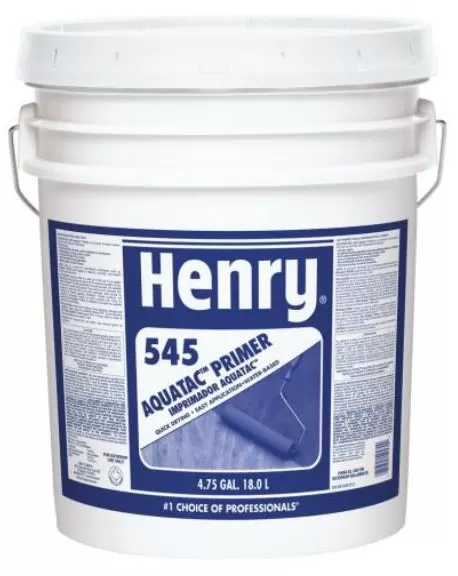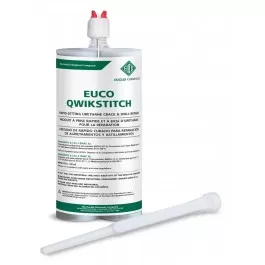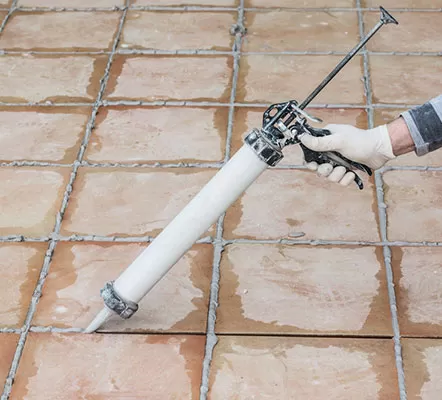Blog
Why A Waterproof Silicone Sealant Isn’t The Right Choice For Pools
Swimming pools provide the perfect setting for rest, relaxation, and fun. But to make your pool safe, it is important to use the right types of sealants to ensure it is watertight. One of the most popular choices is waterproof silicone sealant for pools, which offers a variety of benefits. However, there’s another type of sealant that many experts prefer to use; polyurethane.
This blog will discuss the advantages of using waterproof silicone sealant as well as of polyurethane and why it is the better choice for pool owners.
Benefits of Using Waterproof Silicone Sealant
Waterproof silicone sealant is an incredibly versatile product used in various situations. It can do everything from sealing windows and doors to protecting electrical appliances. But what are the benefits of using waterproof silicone sealants?
- Durability: Waterproof silicone sealant is incredibly durable, which means it can withstand extreme temperatures, weather conditions, and chemical exposure. This means that it can last for years without cracking or peeling.
- Water-Resistant: This type of sealant is highly water-resistant, which means it can keep moisture and water from entering your home or other areas. This can help protect against mold, mildew, and other damaging elements.
- Non-Toxic: Waterproof silicone sealant is non-toxic, which means it is safe for children and pets. This makes it a great choice for sealing windows and doors and other areas of the home.
- Flexible: Waterproof silicone sealant is very flexible and can be easily applied to various areas. This means it can seal around corners, edges, and other areas that would be difficult to reach with other sealants.
- Easy to Apply: Waterproof silicone sealant is relatively easy to apply. All you need is a caulking gun and some patience, and you can get the job done quickly and efficiently.
Benefits of Using Polyurethane Sealant
Polyurethane is an organic, polymer type of sealant that can be used in a variety of construction projects. Here are the reasons why it is effective for pool applications.
Faster Application: Compared to silicone, polyurethane sealants set faster. That’s because of their organic material that reacts quickly with UV light.
Harder: This sealant is also harder than inorganic sealants, which is why it is also used in road and bridge building. Unlike silicone, it will not move in foot traffic.
Excellent Adhesive Properties: Silicone adheres less than polyurethane, which is known for its fast-curing properties. Projects can be completed faster thanks to this sealant.
Absorbs Paint: Another good thing about polyurethane is that it can be painted over and sanded after curing. You won’t have to worry about the seal ruining the appearance of your swimming pool.
Why do Professionals Prefer Polyurethane Sealants?
Silicone sealants have an average life span of about 20 years while polyurethane sealants can also last up to 10 years. Despite this fact, most professionals choose the latter over the former option. They prefer the harder nature of polyurethane sealants to the longer-lasting properties of silicone. That’s why silicone is recommended for home projects with less foot traffic. Whereas, polyurethane sealant is used for professional applications where hardening qualities are crucial.




